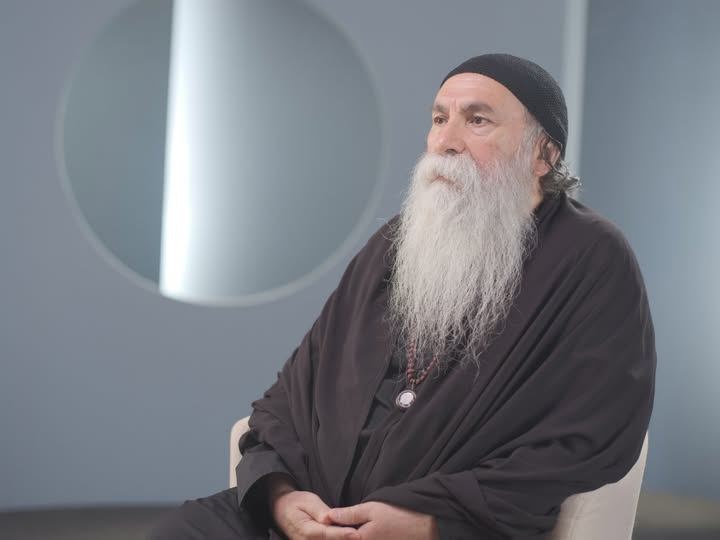“When the aspiration is to reach a wide audience, it is necessary to recognize that truth, in its entirety, does not lend itself easily to that end. Its structure demands to be stripped down, reduced, reformulated in terms that prioritize immediacy, emotion, or familiarity, to the point of diluting its original density. Where discourse abandons nuance, critical rigor, or reflective complexity, it tends to find a wider audience, albeit at the cost of a substantial loss of fidelity to its content.
Language aimed at the masses does not only demand expressive clarity; it often imposes a partial renunciation of meaning. Not because listeners lack intellectual capacity, but because the functioning of the masses does not replicate that of an individual consciousness.
Martin Heidegger says in “Time and Being, lecture 1962:
”Thinking that questions is solitary thinking. It cannot shout to be heard by everyone.”
The crowd does not ponder: it reacts. It does not examine fundamentals: it reproduces slogans. Against this backdrop, those who wish to please end up replacing thought with formulas that, under the guise of accessibility, conceal the trivialization of the essential. The wider the circle of recipients, the more the conceptual rigor of the message is compromised.
In contrast, those who choose to preserve the truth in its unmediated form—demanding, unstable, uncomfortable—must accept the conditions of selective discourse.
Truth offers no immediate comfort, flatters no inclinations, and does not accommodate pre-established expectations. It requires a disposition that cannot be improvised: time, sustained attention, and asceticism of judgment. For this reason, any discourse that aspires to be faithful to reality is offered only to those who have cultivated the patience and effort necessary to receive it without distortion.
Thomas Aquinas, in his Summa contra Gentiles I, chapter 4, says:
“Pauci sunt qui veritatem inquirunt.”
“Few are those who seek the truth.”
The dilemma is structural. One can choose the path of easy consensus, saying what many want to hear, or one can insist on the demands of thought, even knowing that few will persevere in listening. But if among those few there are those who have arrived without having been flattered or seduced, then there is a possibility that they are truly willing to understand. And that understanding, though rare, has no equivalent in immediate acclaim, because it is based on the authenticity of the message, not on its rhetorical usefulness.”
Prabhuji




